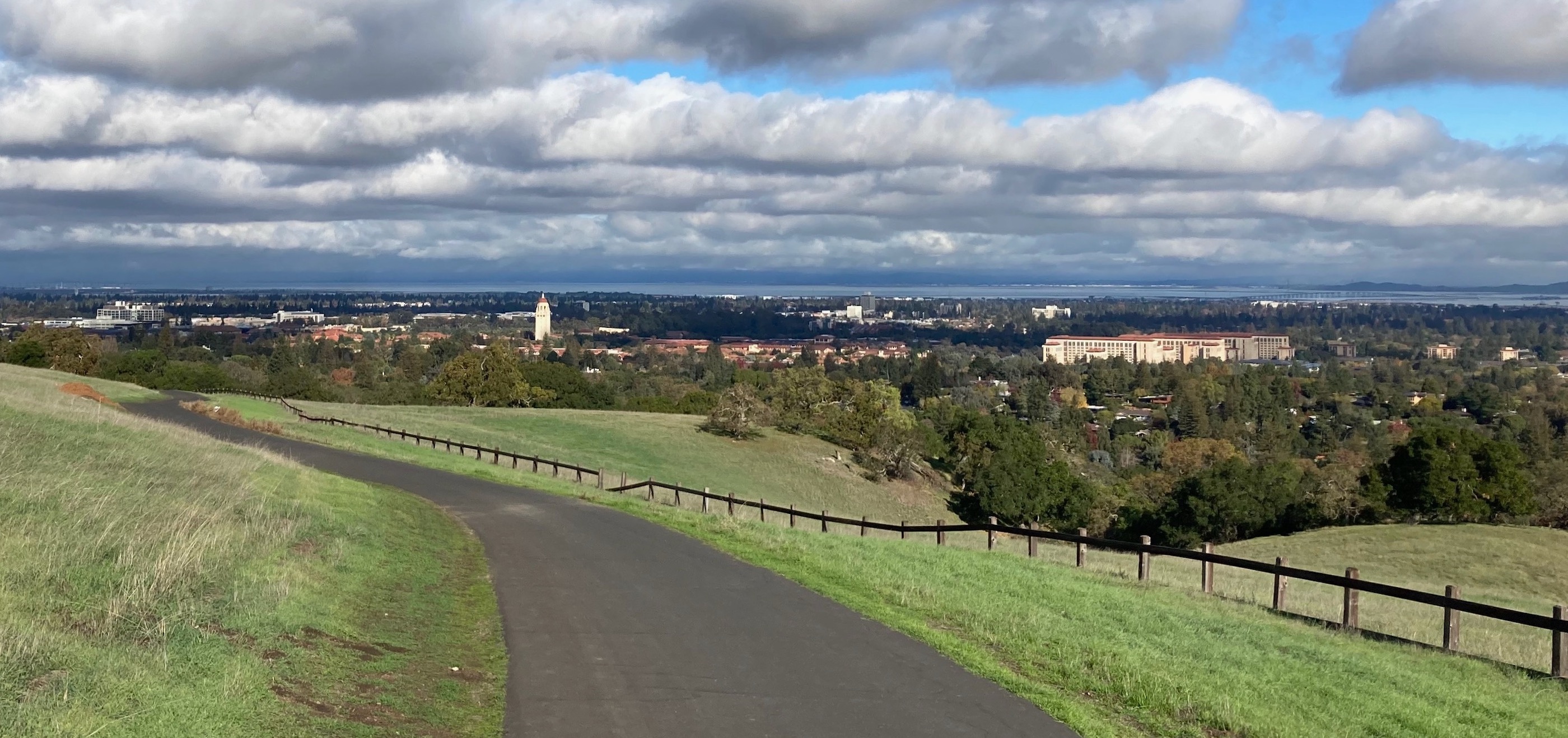Activities of Interest
Fundraising Event: Saturday, June 7, 2025. Haomaio and Lydia (and Baby LJ) — members of our group — are putting on a fundraiser for the Childrens Tumor Foundation. This will be at The Lighthouse in South San Francisco from Noon to 2:30 pm on Saturday, June 7. The event will include food, beverages, activities for kids, and some fun items for auction. They have invited a UCSF investigator to attend and share an example of CTF-funded NF research. They are covering the cost of the event, so all donations go directly to CTF.
We think this is a great opportunity to engage with others in the NF community, and to come together to support NF research at a time when federal funding for it has been canceled in Washington. Lydia and Haomaio would welcome your attendance and anyone you would like to invite. Feel free to reach out to them with any questions or just RSVP in the following link: CTF Fundraiser.
Next Meeting of Bay Area NF Support Group at Stanford: Saturday, August 2, 2025. Time and Place TBA
Come join us for a discussion about NF and how it has affected your family. With the support of the Lucile Packard Children’s Hospital, this group brings together parents, grandparents, friends, and family of children and teens who have been diagnosed with Neurofibromatosis. The group is open to all families, whether your child is being treated at Kaiser, Stanford, UCSF, or elsewhere in the Bay Area.
At our last meeting we did our usual check in with how folks are doing, and whether anyone is struggling with a particular problem where the experience of others could be helpful. Also we talked about information coming out of the recent NF medical symposium at Stanford. And we began to start thinking about how the changes occurring in Washington, DC, could affect the NF community, including: reductions in funding for NF medical research; effect of dismantling of the Department of Education on special education and IEP and 504 plans; and attitudes towards ADHD medications for children.
Under our current schedule we meet three times a year — on the first Saturday in April, August, and December. We will send more information to persons on our mailing list closer to the time of the meeting. If you are not on our mailing list but would like to get on the list to receive meeting information (or if you are on our mailing list but would like to get off), email us at NFsupport@sonic.net.
Differences in Intercranial White Matter During Motor Learning in Children with NF1: Children between the ages 6 and 20 with a diagnosis of NF1 are needed for this research study on adaptive myelination. The objective of the study is to better understand intracranial white matter differences during motor learning in children with NF1. Within the study you would attempt to learn to juggle for six weeks, with brain imaging (MRI) and neurocognitive assessment done at the start of the study, after six weeks, and after six months ($50 payment after each MRI). Principal Investigator is Cynthia Campen, MD, of Stanford's Lucile Packard Children's Hospital.
Brain Imaging and Cognition in Children with NF1: Children between the ages 3 and 18 with a diagnosis of NF1 are needed for this research study. The objective of the study is to better understand the brain correlates of cognition in NF1, and includes brain imaging (MRI) and cognitive assessment. Principal Investigator is Cynthia Campen, MD, of Stanford's Lucile Packard Children's Hospital.
Brain and Behavior in Children with NF1: The Stanford BRIDGE lab (Brain Imaging, Development, Genetics) is recruiting children age 5 to 13 with a diagnosis of NF1 for a brain imaging research study. The objective of the study is to better understand brain development and behavior (particularly ADHD and autism) in children with RASopathies. The study requires a two-day engagement — one day involves virtual assessments and the second day involves an in-person visit to the BRIDGE lab in Palo Alto, California. All travel costs are covered, and the child participating will receive a full neuropsychological evaluation. A screening questionnaire for the study can be accessed here. Principal Investigator is Dr. Tamar Green, of Stanford's BRIDGE Lab.
